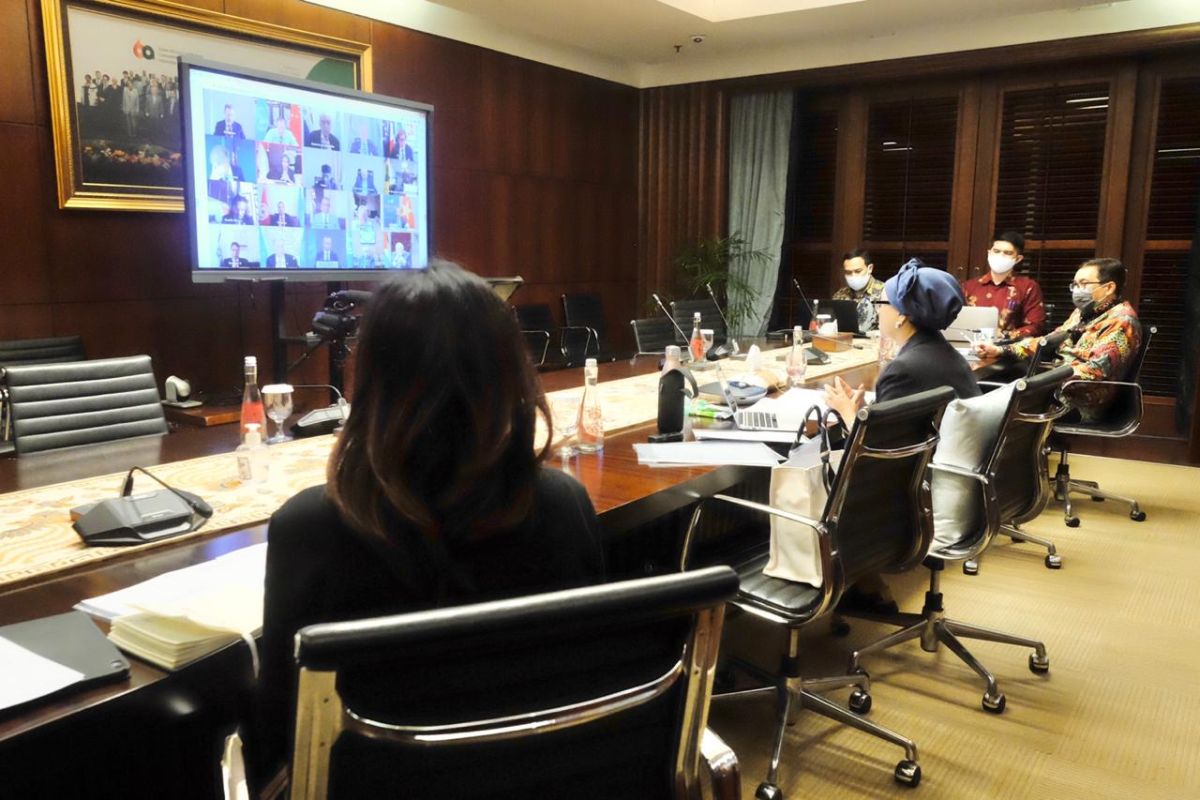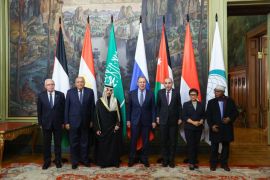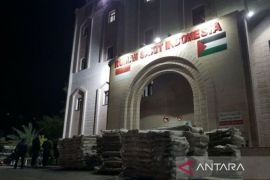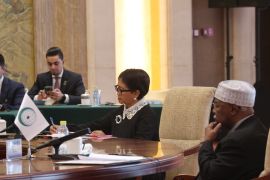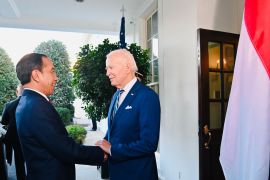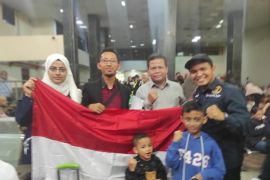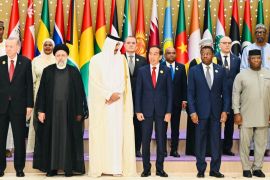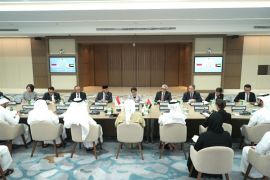The choice lies in our hands, whether to side with the international law or to close your eyes and be on the other side that allows actions that run counter to international lawJakarta (ANTARA) - Indonesia, along with Tunisia and South Africa, initiated a ministerial-level meeting of the UN Security Council (UNSC) to deliberate on Israel’s unilateral plan to annex Palestine.
At a virtual open meeting of the UNSC on Wednesday (June 24), Indonesian Foreign Minister Retno Marsudi emphasized that the Israeli plan will have significant repercussions on the future of Palestinian people, who have, since long, faced injustice and reeled from human right violations.
"The choice lies in our hands, whether to side with the international law or to close your eyes and be on the other side that allows actions that run counter to international law?" Marsudi was quoted as saying in a written statement from the Foreign Ministry here on Thursday.
At a meeting chaired by France that holds the presidency of the UNSC this month, the minister cited three reasons for the international community to reject the annexation plan.
First, Israel's formal plan to annex Palestinian territories is a violation of the international law. Allowing annexation will indubitably set a precedent in which territorial control by annexation is a legal act in the international law.
To this end, the Indonesian foreign minister has encouraged all parties partaking in various international forums to reject decisively, through statements and concrete actions, that annexation is illegal.
Second, Israel's formal annexation plan is a test of the UNSC's credibility and legitimacy in the eyes of the world. The UNSC must be prompt in taking steps in accordance with the UN Charter.
"Anyone who threatens international peace and security must be held accountable before the UN Security Council. There should be no double standards," she emphasized.
Third, annexation will spell the end of the long-stalled peace process while also creating instability in the region and the world.
Hence, a credible peace process where all parties stand on equal footing, is of utmost urgency.
"This is the right time to start the peace process under a multilateral framework based on agreed international parameters," the minister affirmed.
On the occasion, the minister also reiterated the significance of the world addressing the humanitarian situation in Palestine, including refugees, whose lives have been increasingly impacted by the COVID-19 pandemic.
The minister believes that support for international humanitarian agencies, especially the UN aid agency for Palestinian refugees (UNRWA), has become increasingly crucial.
Indonesia’s contributions to Palestine have increased and given either directly to Palestine or through the UNRWA in 2020.
"Injustice occurs not because of the absence of justice itself. Injustice occurs because we allow it to happen. This is the time to stop injustice," Marsudi stressed while closing her speech before the UNSC. Related news: Collective action urged against Israel plan to annex West Bank
Related news: NU strongly condemns israel's plan to annex West Bank, Palestine
Translator: Yashinta DP, Fardah
Editor: Rahmad Nasution
Copyright © ANTARA 2020
